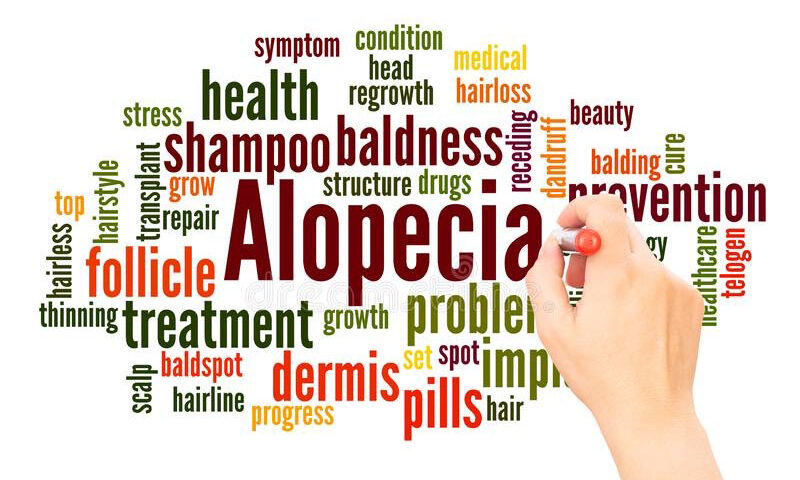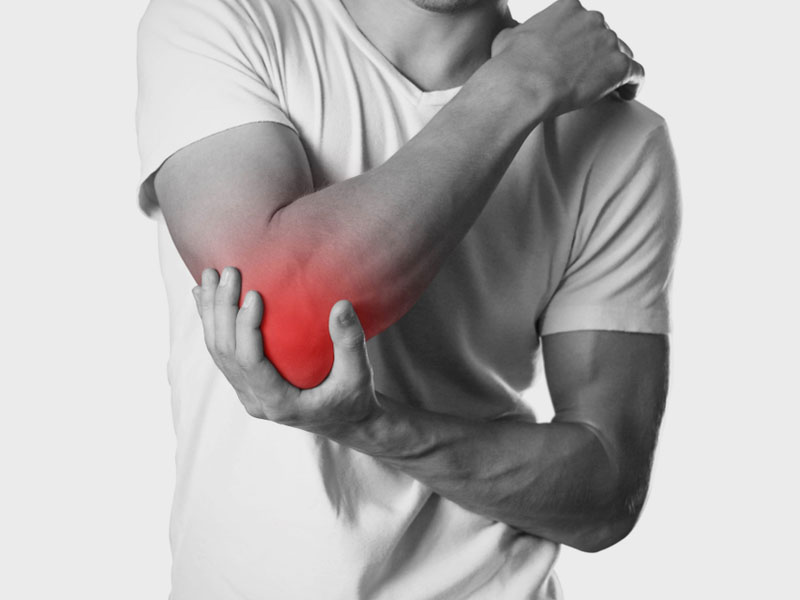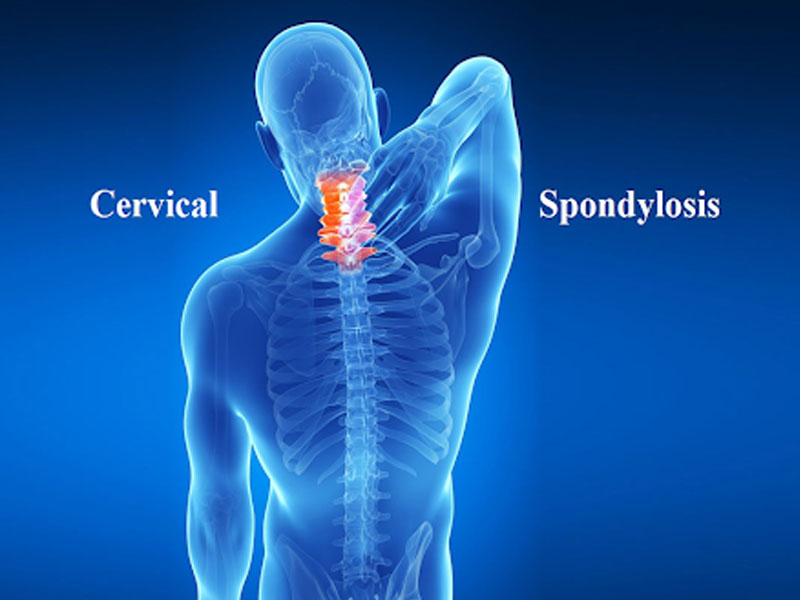Ayurvedic Treatment For ALOPECIA (HAIR LOSS)
Ayurvedic Treatment for Alopecia
Alopecia is a distressing condition characterised by hair loss, which can affect both men and women. In this comprehensive guide, we will explore what alopecia is, its various types, symptoms, etiological factors, and potential complications. We'll also delve into the Ayurvedic concept of alopecia management, dietary and lifestyle recommendations, as well as precautions to prevent further aggravation. Please note that the information provided here is for educational purposes only and should not be considered a substitute for professional medical advice.
What is Alopecia?
Alopecia is a medical term used to describe hair loss in specific areas of the body, particularly the scalp. This condition can vary in severity, ranging from minor patches of hair loss to complete baldness. Alopecia can occur due to various reasons, and its types are classified based on the pattern and extent of hair loss.
Etiological Factors of Alopecia:
The underlying causes of alopecia can be diverse and multifactorial. It can be attributed to genetic predisposition, hormonal imbalances, stress, nutritional deficiencies, and certain medical conditions. Moreover, autoimmune disorders, where the body's immune system attacks its own hair follicles, can also lead to alopecia. Identifying the root cause is crucial in determining the most effective treatment approach.
Symptoms of Alopecia:
Alopecia manifests differently in individuals, and the symptoms depend on the type and severity of the condition. Common symptoms include patchy hair loss, gradual thinning of hair, circular bald spots, and in severe cases, complete baldness.
Types of Alopecia:
Androgenetic Alopecia: This is the most common form of hair loss, often referred to as male or female pattern baldness. It is primarily linked to genetic factors and hormonal changes.
Alopecia Areata: This type involves sudden hair loss in small, round patches, and it is believed to be an autoimmune disorder where the immune system attacks hair follicles.
Alopecia Totalis and Universalis: These are more severe forms of alopecia, where there is complete loss of scalp hair (Totalis) or hair loss across the entire body (Universalis).
Traction Alopecia: Caused by excessive tension on the hair due to tight hairstyles, such as braids or ponytails, leading to hair breakage and loss.
Complications in Alopecia:
Alopecia can not only impact an individual's physical appearance but also have psychological effects. Hair loss can cause emotional distress, low self-esteem, and reduced confidence. Addressing these emotional aspects alongside the physical treatment is recommended.
Ayurvedic Concept with Management of Alopecia:
In Ayurveda, alopecia is correlated with "Indralupta" or "Khalitya," and its management focuses on balancing the doshas (Vata, Pitta, and Kapha) and promoting hair health. Ayurvedic practitioners use a combination of herbal remedies, specialized massages, and lifestyle modifications to address the root causes of hair loss and stimulate hair growth.
Ayurvedic Herbs for Alopecia:
Ayurvedic herbs are an integral part of the treatment for alopecia. These natural remedies are selected based on the individual's dosha imbalance and specific symptoms. The herbs help nourish the hair follicles, improve blood circulation to the scalp, and reduce inflammation, thereby promoting hair regrowth. It is important to note that the choice of herbs and their combinations can vary based on individual needs.
Precautions to Avoid Aggravating Alopecia:
While undergoing Ayurvedic treatment, certain precautions can be taken to prevent further aggravation of alopecia. Avoiding excessive heat styling, chemical treatments, and tight hairstyles can reduce hair breakage and damage. Additionally, managing stress levels and following a balanced diet can also positively influence hair health.
Diet and Lifestyle in the Treatment of Alopecia:
Proper nutrition plays a vital role in maintaining healthy hair. Ayurvedic practitioners recommend a diet rich in nutrients such as vitamins, minerals, and proteins to support hair growth. Including foods like leafy greens, fruits, nuts, and seeds can provide essential nutrients for hair health. Additionally, staying hydrated and maintaining a regular sleep schedule also contribute to overall well-being and hair vitality.
Exercise for Alopecia:
While there are no specific exercises targeted solely at treating alopecia, engaging in regular physical activity can promote general well-being and reduce stress, which may indirectly benefit hair health. Activities like yoga, meditation, and light aerobic exercises can help manage stress levels and improve blood circulation, potentially aiding hair growth.
Conclusion:
At Ayur Healthcare, we understand the impact of alopecia on your life and well-being. Our team of experienced Ayurvedic practitioners can recommend personalised treatment plans to address the root causes of your hair loss. We harness the power of Ayurvedic herbs and holistic approaches to provide effective and safe solutions for alopecia management. However, it's essential to remember that individual results may vary, and alopecia, particularly in autoimmune cases, can relapse at any point in life. We urge you to consult qualified healthcare practitioners for personalised guidance and support.
Disclaimer:
The content provided on this website is for educational purposes only and should not be considered as medical advice or a substitute for professional healthcare. Individual results may vary, and it is essential to consult qualified healthcare practitioners for personalised treatment plans. Additionally, autoimmune disorders like alopecia can relapse even after obtaining positive results, emphasising the importance of ongoing care and support.




